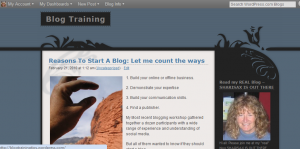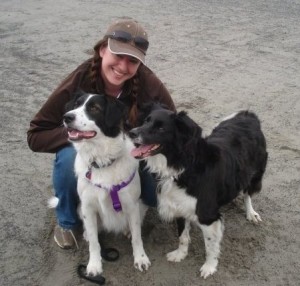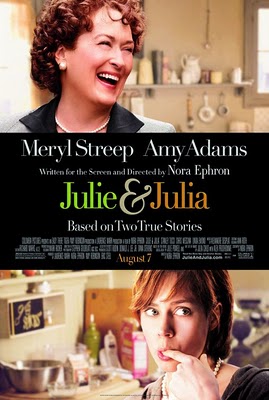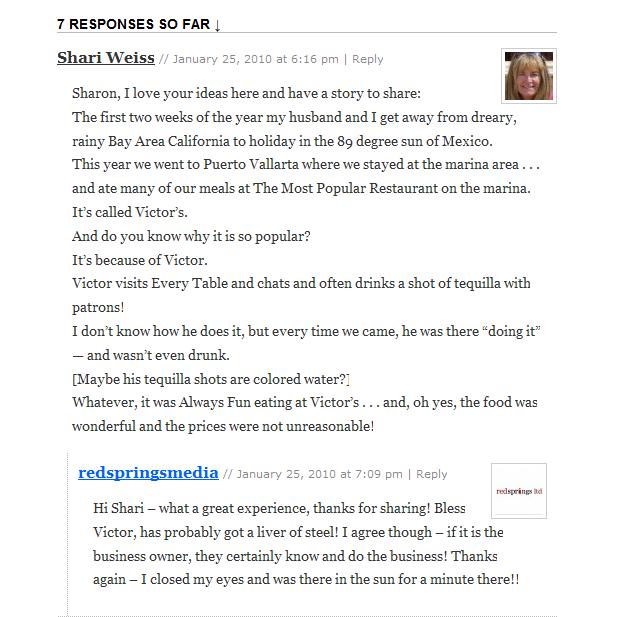 Meetups are popular social gatherings usually organized around a particular business topic or hobby or other special interest. There’s a meetup.com site where you can learn if there are any events in your area. [Eight ways to maximize your meetup experience.]
Meetups are popular social gatherings usually organized around a particular business topic or hobby or other special interest. There’s a meetup.com site where you can learn if there are any events in your area. [Eight ways to maximize your meetup experience.]
As a WordPress Blogger and student of technology, I’m a fan and regular visitor to the monthly WordPress meetups in Oakland, CA — organized by WordPress Fangirl Sallie Goetsch.
Recent group topics have included these discussions:
April: Theme development from the coding end
March: Creating beautiful WordPress themes
February: Learning about WordPress
January: WordPress 2.9 feature tour
May Meetup: Top New features in WordPress 3.0
More than two dozen WordPress Fans gathered together to learn what new opportunities they’d be able to benefit from when the WordPress 3.0 blogging platform is finally ready. Here are some of the cool new highlights:
1) The new welcome screen has been overhauled for better security and usability.
2) The default “Kubrick” theme with the blue rectangular top banner has been retired, and the new default theme “Twenty Ten” has built-in support for header customization and background alterations. [The intention is to have a new default theme introduced every year.]
3) A new feature called “Shortlink” will generate branded short links for sharing URLs in social media.
4) A New Navigation Menu will make it easier to add outgoing links, categories and pages in one single menu.
5) System improvements will make custom content types easier, and web developers will be able to build powerful websites with less effort.
6) With a multi-site feature, users will be able to create a number of websites using only one installation of WordPress.
Commentators have agreed that these changes are putting WordPress out there as a fully-featured publishing platform.
Two full articles on the new WP features:
Ultimate Guide to New WP Features
Take-aways from some of the meetup participants
“I learned you can combine WP and Joomla on the same site — but I didn’t want to try. The main thing I get out of organizing the meetup is that it makes me keep up with new developments because I have to demonstrate.” –Sallie Goetsch, Ghostwriter, Linguistic Alchemist, Podcast Consultant.
“The new WP 3.0 Menu adds navigation possibilities to WP that make it more flexible, and it was fun to meet so many great people.” –Judith James, Judith James Editing & Design
“Lots of great marketing and business experience at the Meetup.” –Graham Bird, Startup Starter, Mystressproofing
“I learned about the Page Mash plugin and thoroughly enjoyed the look into WP 3.0. Next week will be easier as a consequence.” –Anca Mosoiu, TechLiminal: Tech Hot Spot
“I’m working up the courage to do something :-)” — Tom Abate, San Francisco Chronicle: Business reporter
“At WordCamp SF, Richard Stallman, inventor of GNU operating system, spoke about Open Source. I went home and installed Linux on my computer.” –Anet Dunne, aNetGain: Business Websites
“I can’t wait to set up my clients as ‘Editor’ Users so they can easily go into their sites to write or edit pages and posts without the clutter of other admin options.” –Karen Clark, My Business Presence: Social Media trainer & consultant
June 20, 2010 Meetup Security Protection for your WordPress blog: Check it out and join us.


















